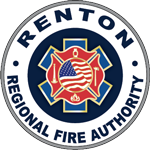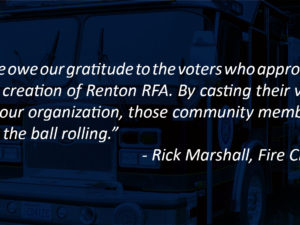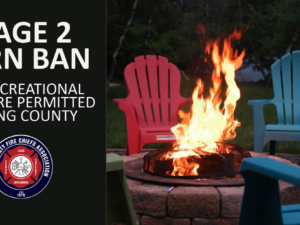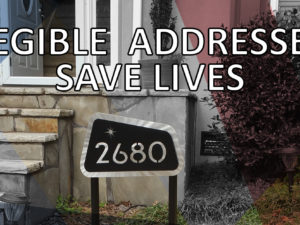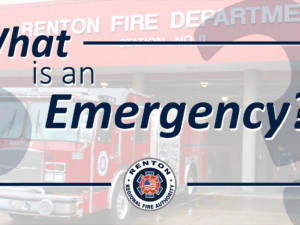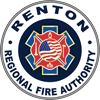The opioid crisis is a serious concern that affects communities across the country. Since the 1990’s, prescription opioid use has been on the rise and with Renton as a mecca of premium healthcare, it’s no surprise that this issue touches close to home in our own community. Addiction and overdose related to opioids is especially prevalent in vulnerable segments of society, such as the homeless – another struggle that hits close to home for Renton.
Since the 1970’s, Naloxone has been heralded as the solution for opioid overdose. By blocking opioid receptors in the central nervous system, Naloxone restores breathing to those suffering from an overdose and returns them to consciousness – saving their life.
Renton Regional Fire Authority, in conjunction with King County Emergency Medical Services, has used Naloxone to treat opioid overdose for years. Over that time, dozens of doses have been administered to reverse the effects of opioids and save the lives of people within the Renton community. As the battle with opioid addiction rages on, Renton RFA asserts that it will continue to use Naloxone for the foreseeable future.
“The use of Naloxone in cases of opioid overdose is something that many people feel very strongly about – either for or against. The mission of the fire service is to save lives—every life, at every opportunity, without assigning value or passing judgment. We are grateful to have this drug and to be able to use it in those critical moments.”
– Fire Chief, Rick Marshall
Understanding that the opioid crisis crosses boundaries into all socio-economic cultures throughout its jurisdiction, Renton RFA works proactively with organizations such as Catholic Community Services, The Salvation Army, YMCA, the Chamber of Commerce, and local schools to form a homeless task force. The task force is aimed at proactively influencing homelessness in Renton and reducing the conditions that often lead to opioid addiction and overdose to begin with.
“Opioid overdose in vulnerable populations of the community exists at elevated levels. Proactively creating a homeless tasks force is a great opportunity to directly affect the outcomes of individuals within this specific community and ultimately save lives.”
– Battalion Chief, Rick Myking
